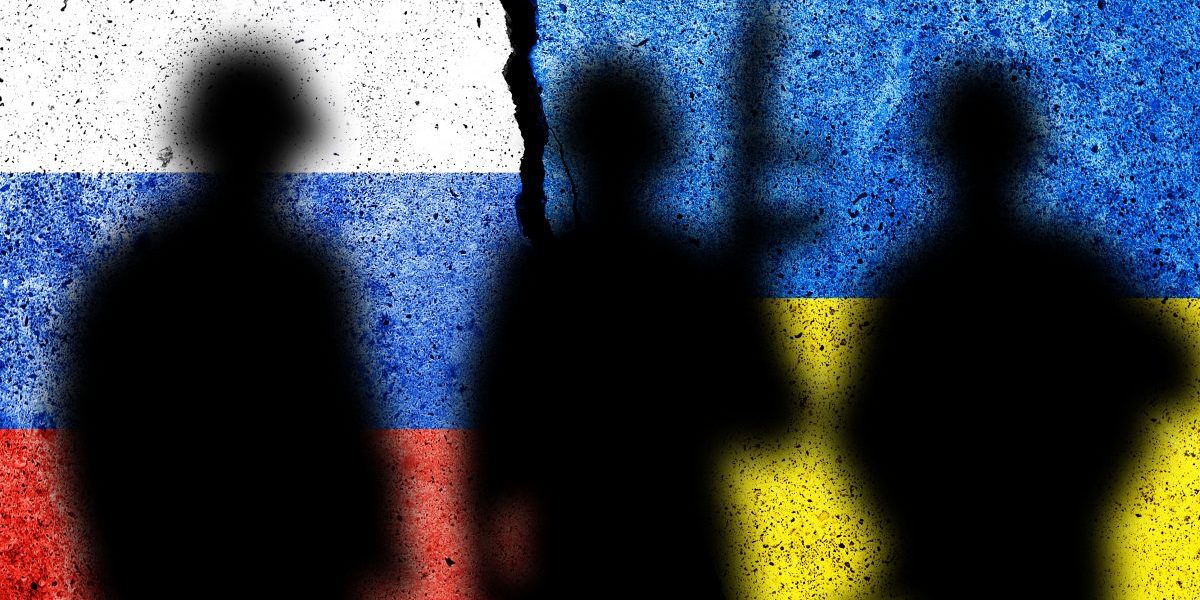In 2019 the Russia-Africa Summit heralded Russia’s renewed strategic interest in the continent, inviting African countries to rethink the global power dynamic. Last year, Russia gathered more than 100,000 troops on the Ukrainian border on three fronts, threatening to escalate its eight-year hybrid military campaign against Ukraine if the West will not satisfy its security demands to halt NATO expansion. This has triggered a cold war-type debate around the principles of sovereignty, indivisible security, and the understanding of democracy.
This webinar aims to reflect on:
- The key factors that define the Russia–Ukraine crisis: they go beyond the first Russian military intervention in 2014, when paramilitary forces were deployed in the East of Ukraine and Crimea was annexed. This includes the new hybrid threats such as disinformation, cyberattacks, and energy diplomacy.
- The immediate reasons for the escalation between Russia and the West; and
- The possible implications these events might have for African countries, especially in light of the Russia-Africa Summit planned for November 2022.
Presenter: Dzvinka Kachur – Researcher, Centre for Sustainability Transitions at Stellenbosch University
Discussants:
- Irina Filatova – Professor of National Research University Higher School of Economics
- Steven Gruzd – Russia-Africa Programme Head at SAIIA
- Paul Stronski – Senior Fellow, Russia and Eurasia Programme at the Carnegie Endowment for International Peace
Related material
Presentation: The Russia-Ukrainian conflict: What does it mean for Africa? by Dzvinka Kachur
Watch the webinar on YouTube:


